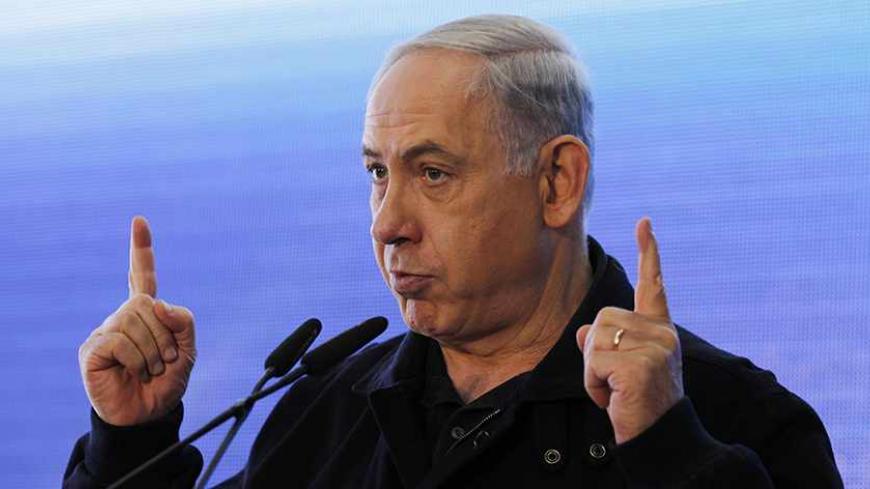On Dec. 18, at the eleventh hour, Prime Minister Benjamin Netanyahu succeeded in torpedoing a bill that would have required an exceptional, two-thirds majority of 80 Knesset members before any negotiations about a possible partition of Jerusalem. The law threatened to tie Netanyahu’s hands and greatly embarrass him in the talks with the Palestinians and the Americans and vis-a-vis the centrist parties in his coalition. Now he will have to deal with a new bill with similar ramifications approved by the Ministerial Committee on Dec. 29. That bill demands Israel’s annexation of Jordan Valley lands conquered in the Six-Day War in 1967 to make it difficult for the government to offer diplomatic concessions regarding these territories.
Even if this bill, submitted by Likud Knesset member Miri Regev, eventually fails, a similar proposal in an earlier stage of legislative development awaits around the corner. The initiator of this bill is Knesset member Moti Yogev, from HaBayit HaYehudi, which is a member of the coalition and of the government.



